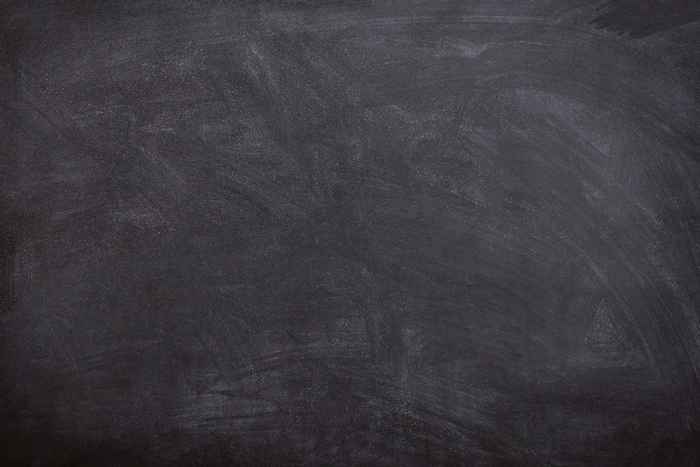Spring 2023 Topology in soft matter, stochastic thermodynamics and topological data analysis.
- Start date
- 6 February 2023
- End date
- 5 June 2023
- Time
- 11:15
Each module consists of four lectures and exercise sessions. Lectures will take place on Mondays at 11:15 - 13:00, followed by a study/exercise session from 13:45 - end.
At the end of each module there is an exam. All exams are pass/fail, and you need to pass all three exams to receive credit for the course. Teaching is on location in person, with the location of this course rotating between the three institutes. The first module is in Utrecht. Directions to the institutes can be found here: Amsterdam, Utrecht, Leiden.
Students who do not have an OV-card from the Dutch government can have their travel costs reimbursed from D-ITP. Please contact the local coordinator (below) for details.
Please register [HERE] before the course begins, even if you do not take the course for credit. We cannot process your grade or send important notices if you do not register.
Module 1
Geometric and Topological Methods in Materials, Randall Kamien (Utrecht)
Lectures and exercises: Feb 6, 13, 20, 27
Exam: Mar 6
Location: Minnaert 009, Minnaert Building, Leuvenlaan 4, Utrecht
Abstract: This course will introduce the geometry and topology of two and three dimensional spaces with a focus on the study of materials such as membranes, liquid crystals, and colloidal systems.
The mathematics and the physics will be codeveloped with one informing the other. Other systems to be studied will depend on class interests and background.
Module 2
Introduction to stochastic thermodynamics, Marc Serra (Leiden)
Lectures and exercises: Mar 13, 20, 27, Apr 3
Exam: Apr 17 (Apr 10 is public holiday)
Location: Gorlaeus EM109, Gorleaus Building, Einsteinweg 55, Leiden
Abstract: Conventional thermodynamics is immensely successful at describing macroscopic, near equilibrium phenomena. However, many relevant systems, ranging from modern hyper-miniaturised transistors to molecular motors in cells, are both highly fluctuating and far from equilibrium. This course will provide a gentle introduction to the emerging field of stochastic thermodynamics.
We will start by discussing the modelling of stochastic processes using Langevin, Itô, and Fokker-Plank representations, including numerical solution techniques and applications to problems such as Brownian motion and stochastic resonance. Then, we will introduce fluctuation theorems and the Jarzynski identity, with applications in the measurement of free energy changes during protein folding. We will briefly discuss notions of coarse graining, including definitions of heat, work and entropy production at the mesoscale, and introduce thermodynamic uncertainty relations. Finally, we will provide a brief overview of the stochastic thermodynamics of information processing — which allows us to solve paradoxes such as the Maxwell demon, and represents an increasingly significant research area.
Module 3
Topological Data Analysis: a physics perspective, Jan Pieter van de Schaar (Amsterdam)
Lectures and exercises: Apr 24, May 8, 15, 22
Exam: Jun 5 (May 1 is UvA holiday, May 29 is a public holiday)
Location: lectures SP D1.112, the exercise sessions SP G2.02; Exam D1.113, Science Park 904 Amsterdam
Abstract: Topological Data Analysis (TDA) is a relatively new approach to analyzing high-dimensional data sets. By focussing on global properties like the shape and connectivity of the data, it probes features very different from local properties, and therefore appears to be a particularly promising approach to identify and constrain scale-dependent and/or non-Gaussian observables . In this Advanced Topics course we aim to introduce its mathematical foundations, including some algebraic topology and discrete Morse theory, and provide some basic examples of applications, all from a physics perspective.
Contact
Dr. Lars Fritz
Institute for Theoretical Physics
Utrecht University
e-mail: l.fritz [at] uu.nl
Prof. Koenraad Schalm
Instituut-Lorentz for Theoretical Physics
Leiden University
email: kschalm [at] lorentz.leidenuniv.nl
Dr. Wouter Waalewijn
Institute for Theoretical Physics
University of Amsterdam
e-mail: w.j.waalewijn [at] uva.nl
Administrative
Mariëlle Hilkens
Institute for Theoretical Physics
Utrecht University
e-mail: m.e.t.hilkens [AT] uu.nl
